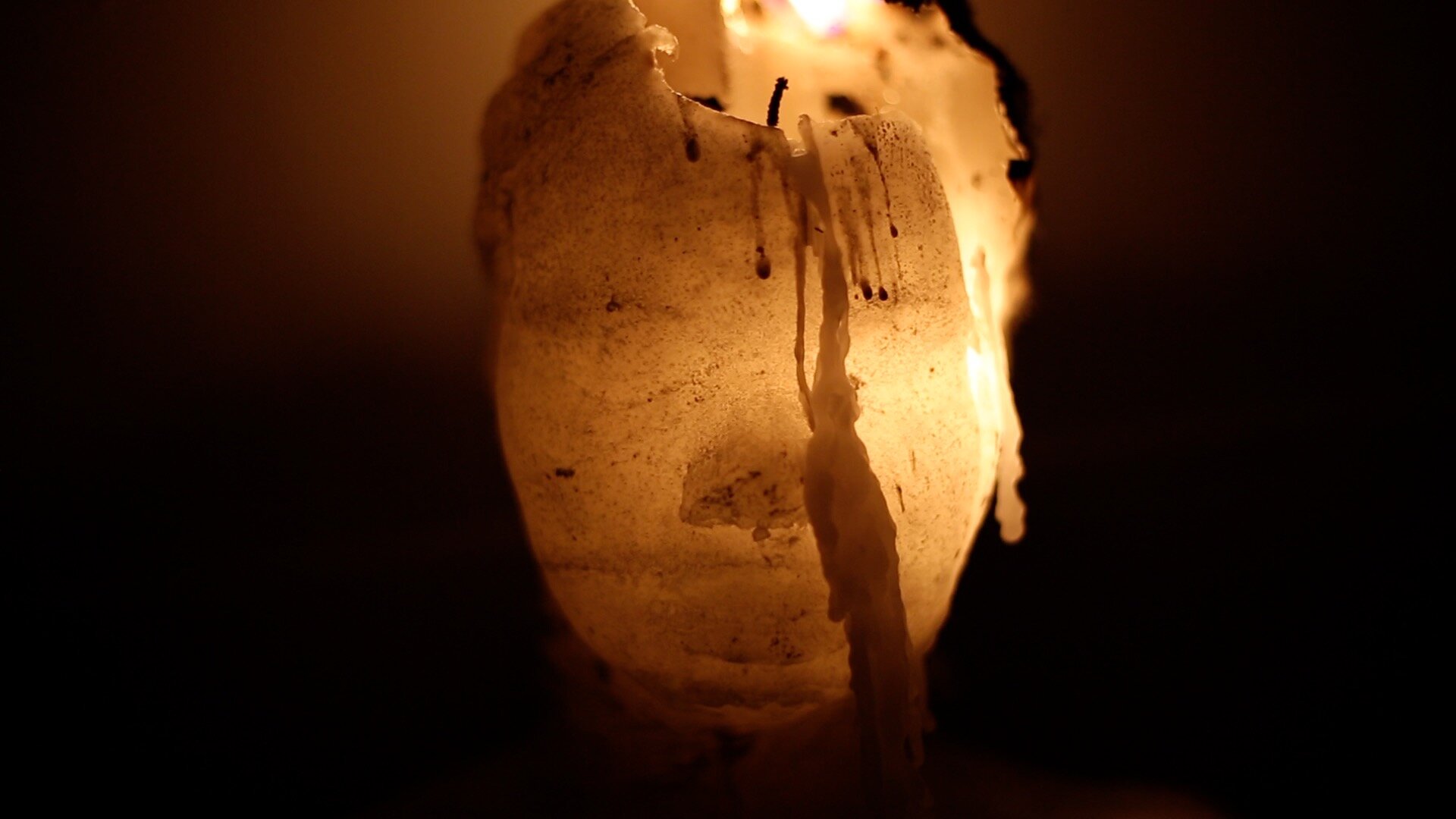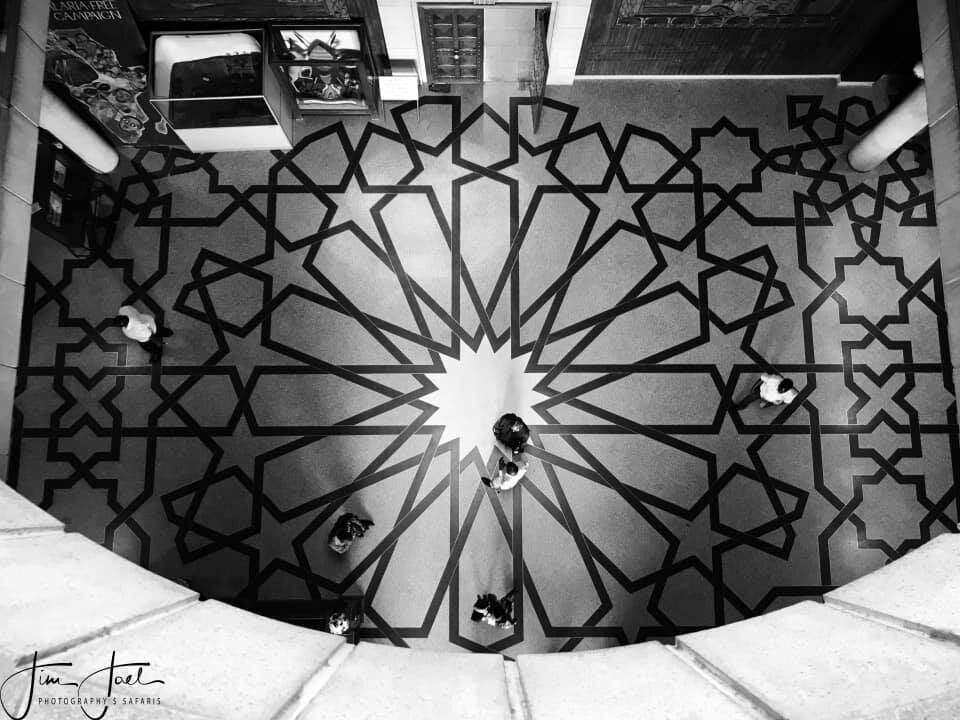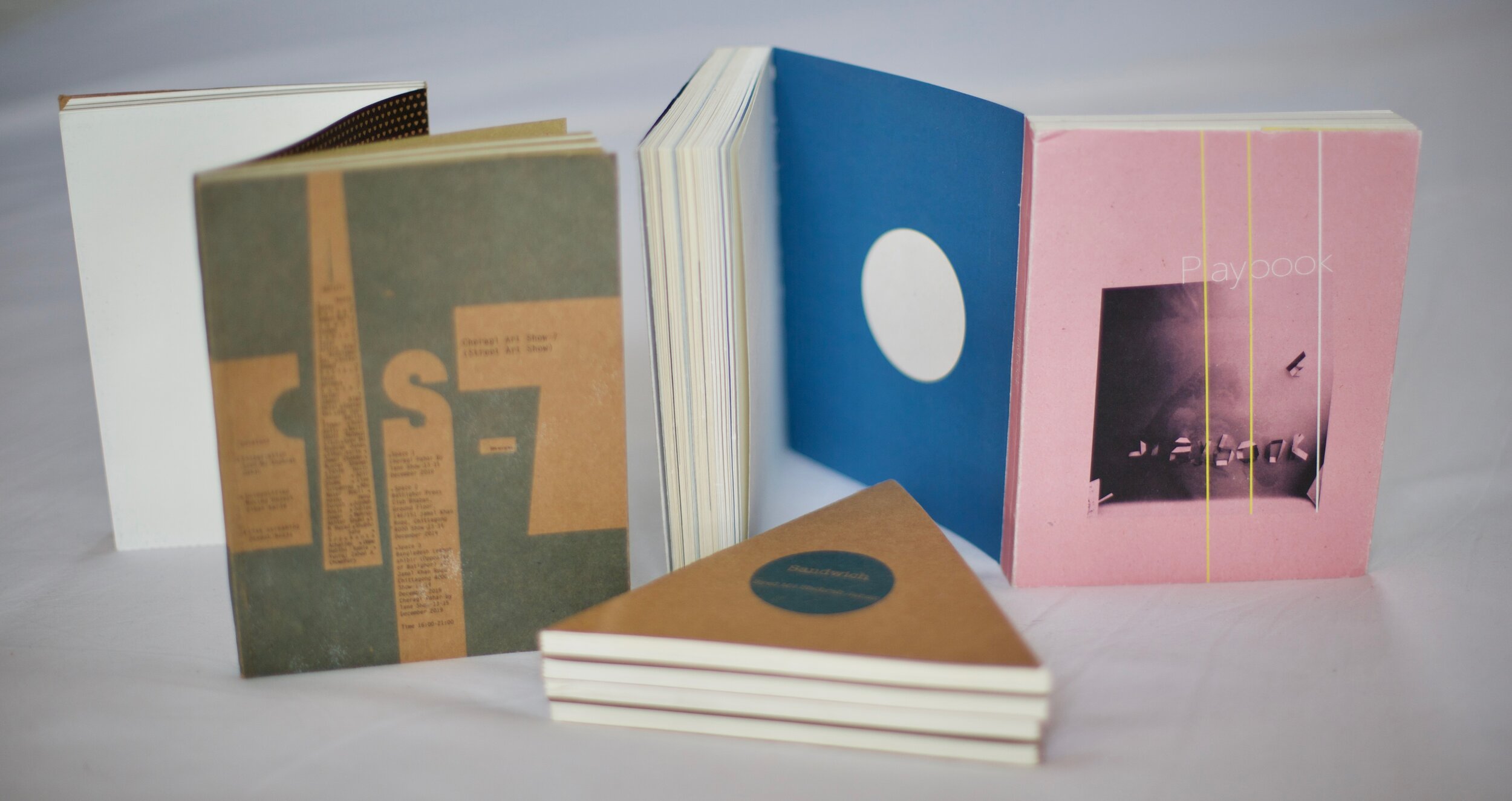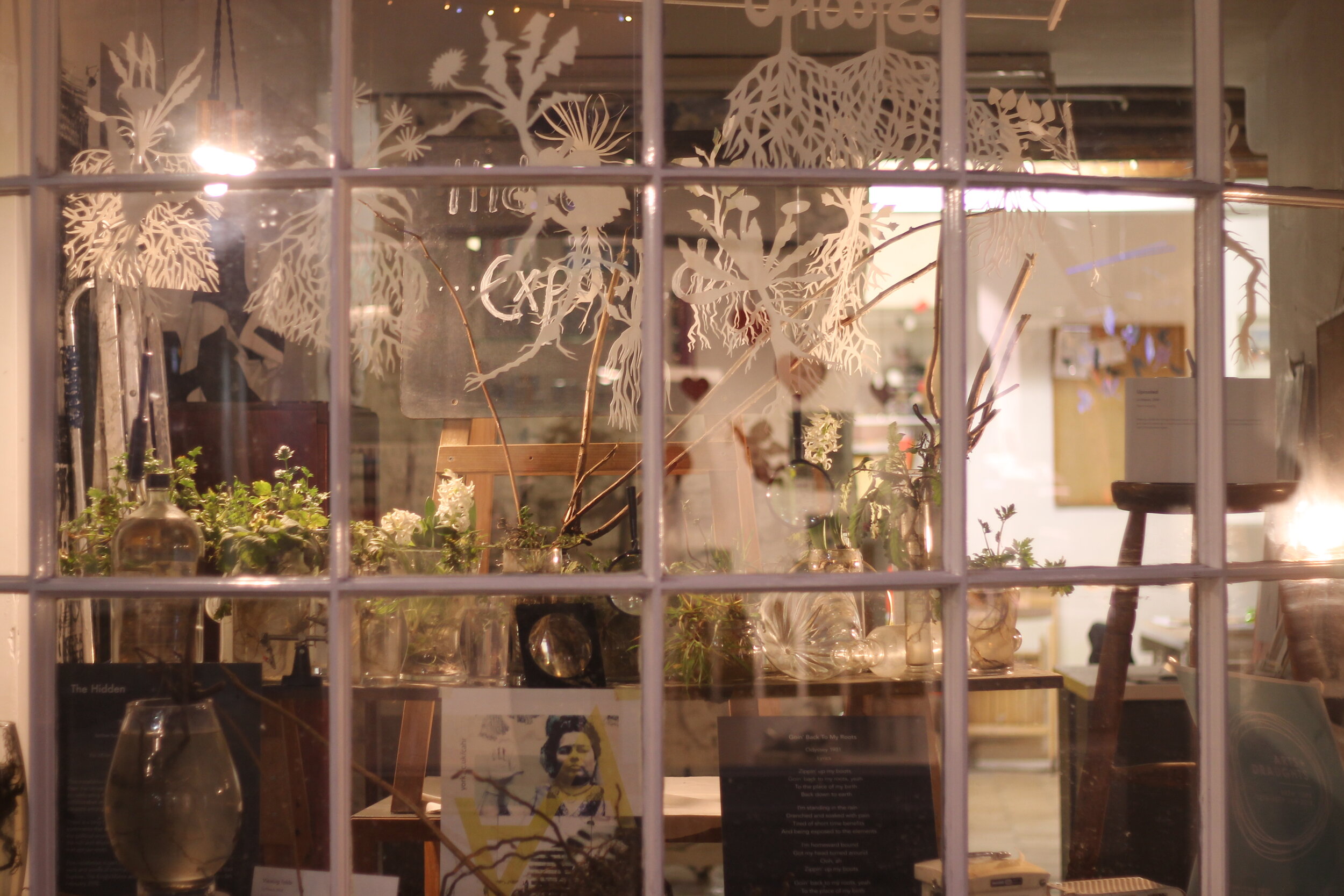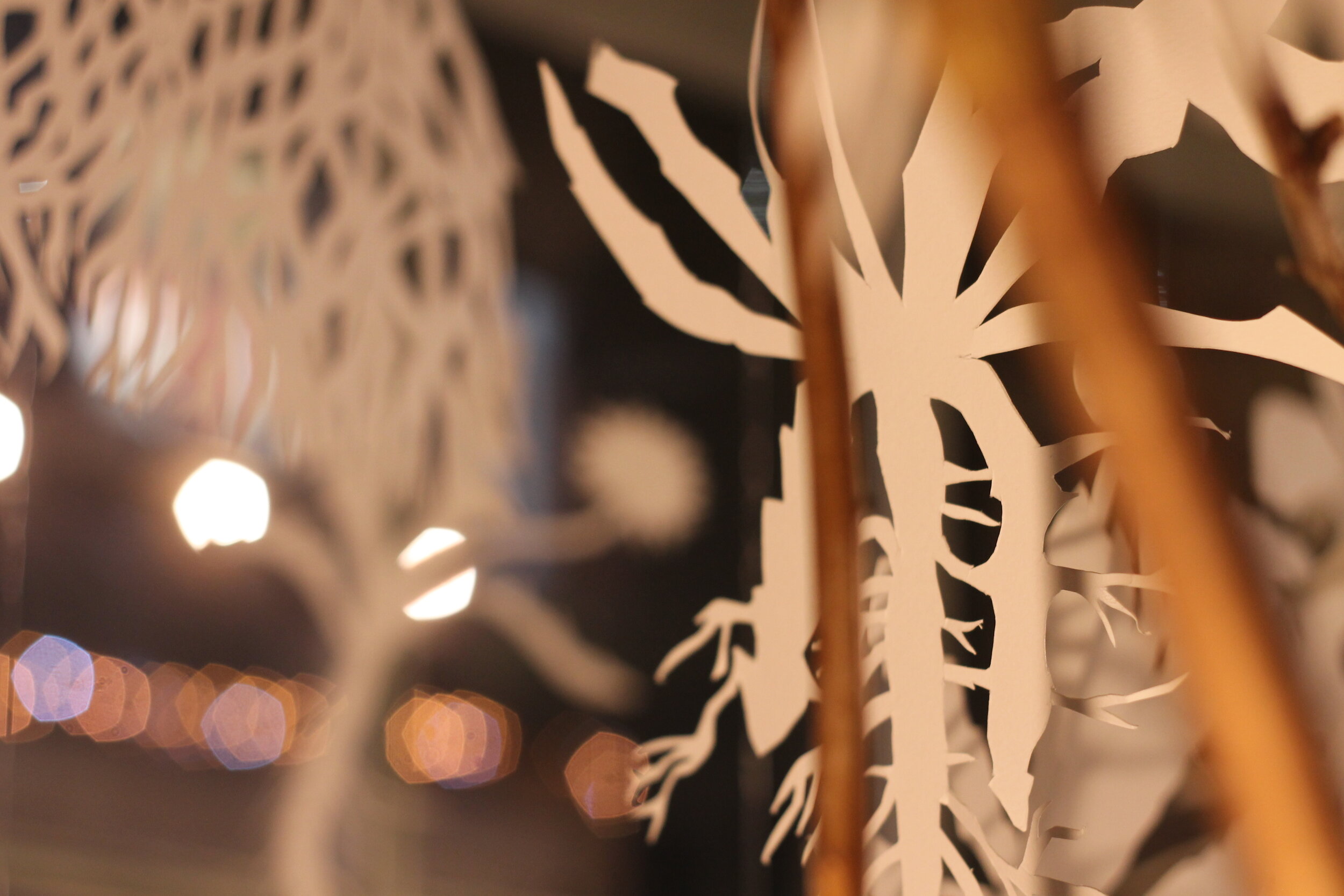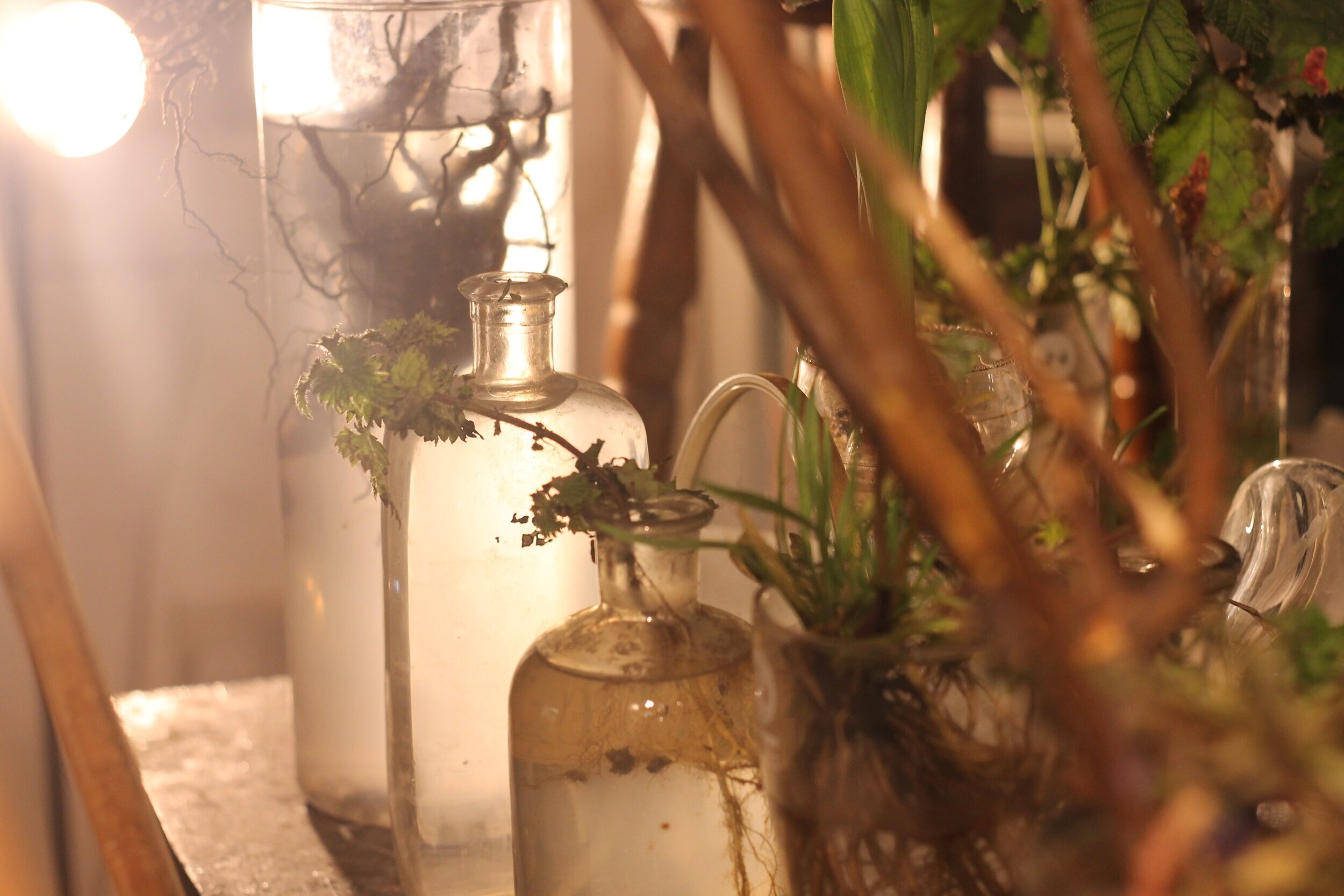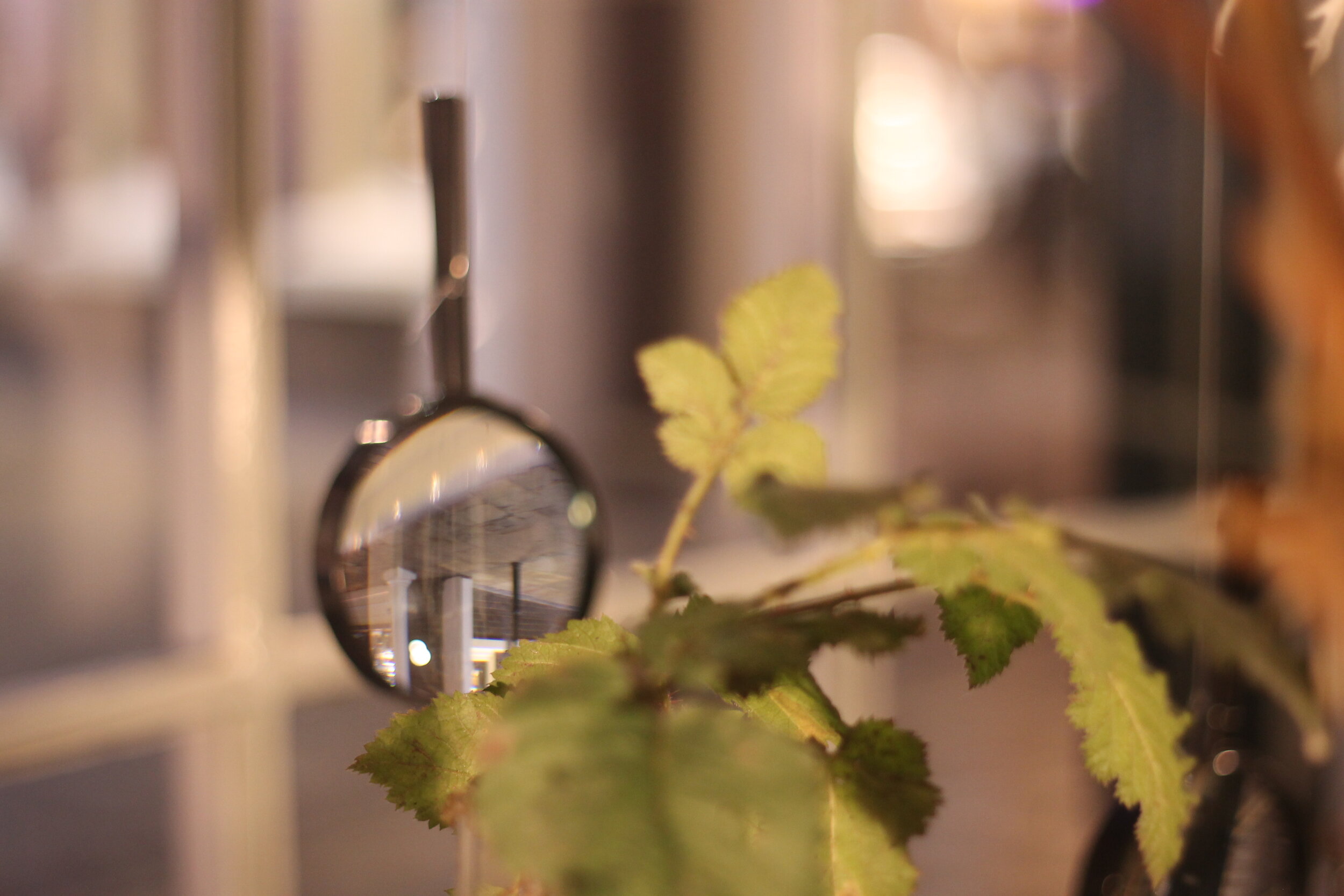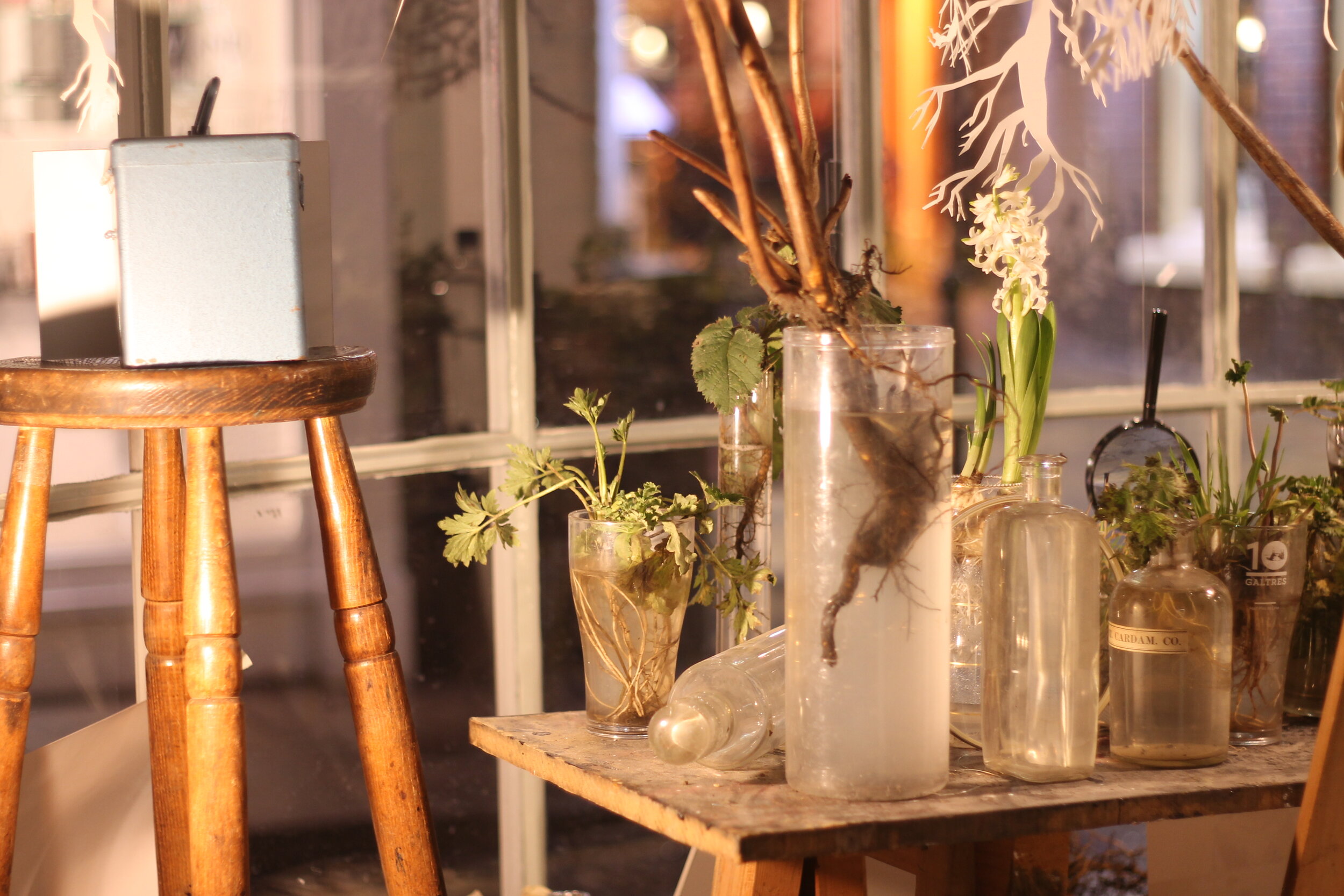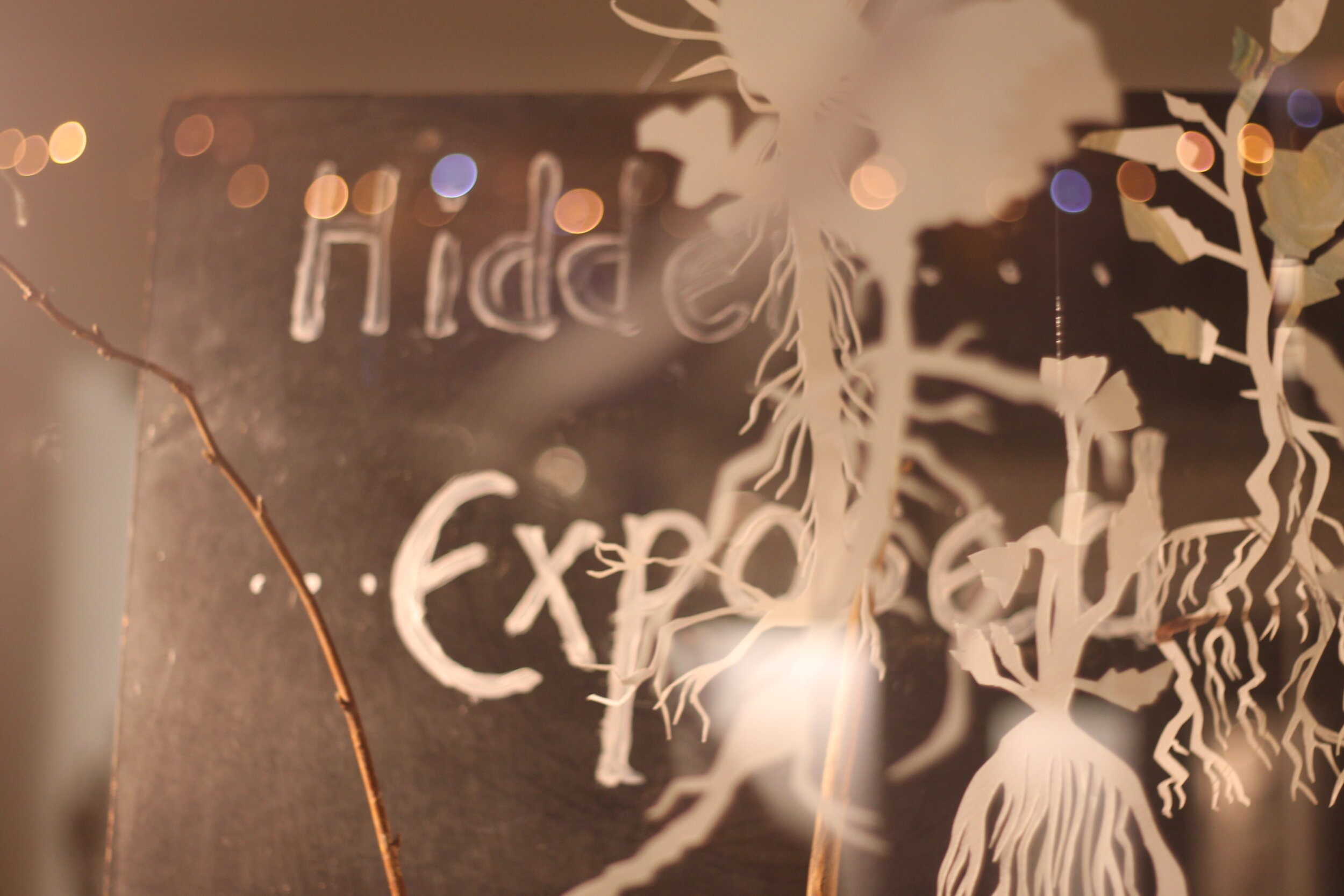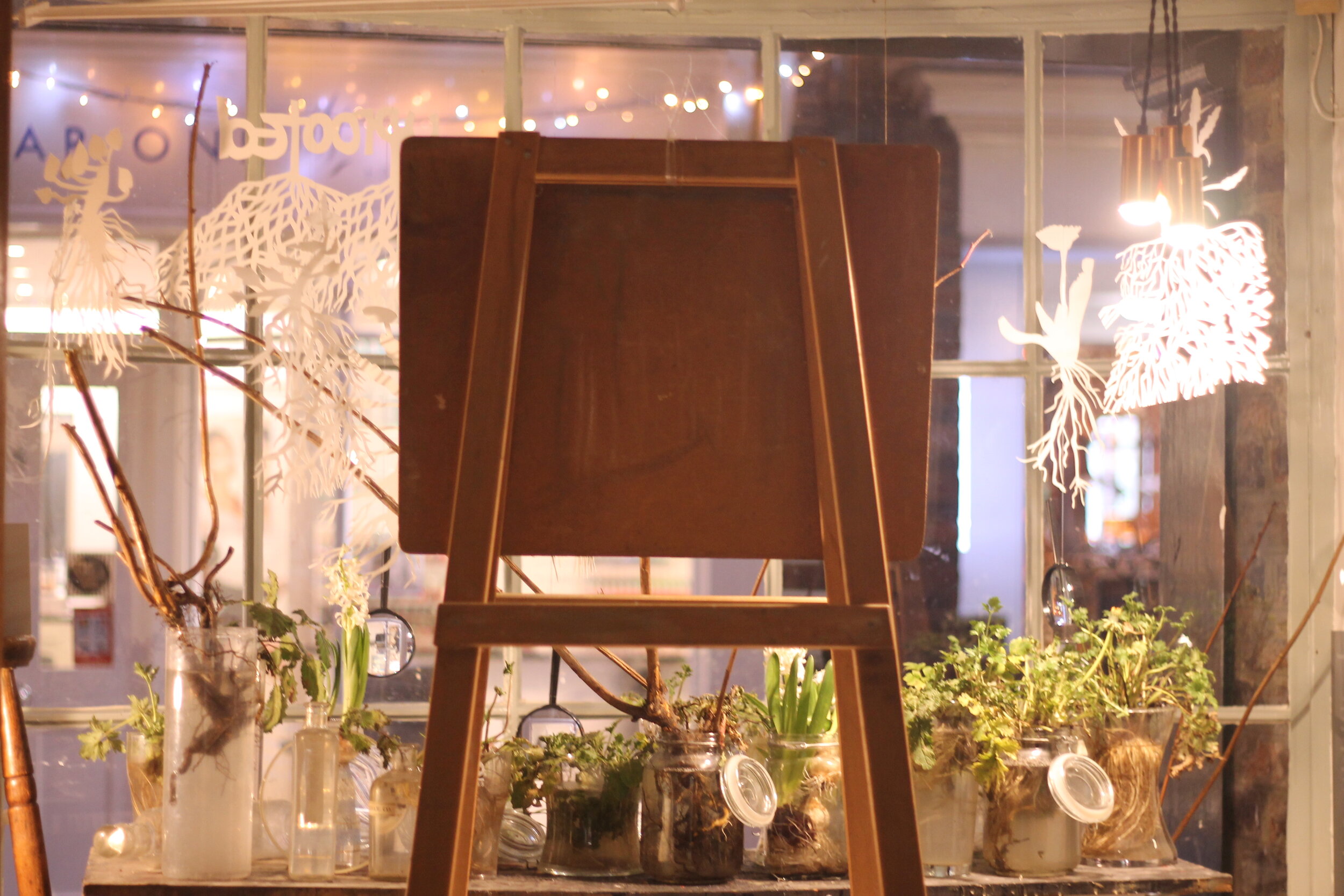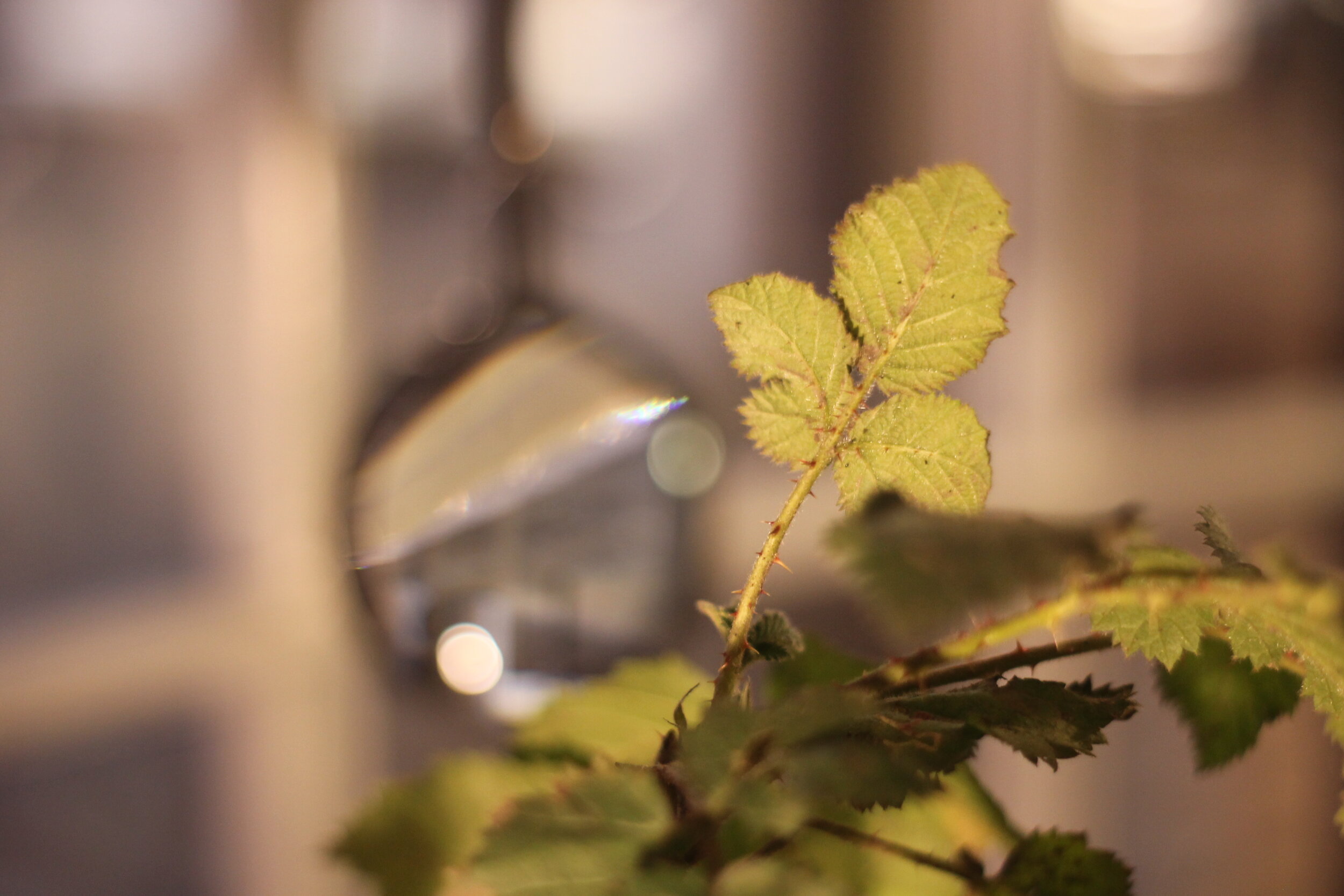RESEARCH and Projects
Following the themes of disruption, performance and translation, the development alternatives network have worked on three core research and impact projects; Creative Alternatives (2017-2019), Pushing Back ( 2018-2019) and Art, Activism and Archive (2019-2021). The projects were designed to trouble development and activism scripts, propose alternative methods for expanding civic space, and reimagine the archives that constrain our collective futures.
Exhibitions
Street Show,Chittagong, Bangladesh. 2019
Uganda National Museum, Kampala.2020
Aartistsresponse, Kampala,Uganda 2020
Photographic exhibit, Kampala, Uganda. 2019
3D Screening at The Festival of Ideas, York, UK. 2018
artworks
An archive of the individual artworks made during the network projects and research.
Texts
A collection of texts and images from the network.
film prompts
A collection of film prompts for the artful activism toolkit, produced from conversations with people in the network and documented events.
Toolkit
The artful activism toolkit is based on the findings of the workshops, exhibits, residencies, research and trainings that have taken place as part of the projects developed by the development alternatives network of artists, activists and academics.
Examples from the Archive of Artworks
The archive is a collection of pieces devised in response to the creative activism, pushing back and arts, activism and archive projects and research
Site specific installation
'Landscape Happening' is a film of ‘A Landscape Activity’ by installation artist, Shohrab Jahan and the Jog Art Space in Chittagong, Bangladesh. The happening was made as a response to the Creative Activism project themes. The film was captured on film by Morshed Himadri Himu and edited by Shohrab Jahan and Emilie Flower during his residency at the Pica Studios in York.
Fictional Film
‘Communion,’ a short film reflecting on performance and reality, written and produced after the workshop by Patience Nitumwesiga.
Communion is the story of a woman digging into her past to find healing and well-being. It’s about breaking out of daily boxes that women, mostly black women, are expected to fit into, and forging an imaginative journey through her pain using her past as a torch to finding her path into the future.” The film was screened at this years Zanzibar film festival, and nominated in the 2019 Mashariki Film Festival awards in the category of Best African Short Film and Best East African Short Film.
Poetry
Dr Susan Kiguli is one of Uganda’s leading poets. Here she reads ‘Reaching Within Us Beyond Us’ she wrote in response to the Creative Alternatives workshop. The reading took place at the second creative alternatives workshop, to a group of academics, artists and academics, at Makerere Art Gallery, Kampala, 2018.
“Power is the concrete power that any individual can hold, and which he can surrender, either as a whole or in part, so as to constitute a power or a political sovereignty”
Exerpt from ‘Reaching Within Us to Beyond Us’
By Susan Kiguli
Sitting sometimes standing
Moving in the mapped out space
Of Makerere Art Gallery
Reflecting on what images and words
Can do to transform places
To elevate a country
It felt like this country is a book
And we were taking it off the shelf
Blowing away the dust
Opening its delicate pages
And breathing life
Into words……
Theatre production
Ribon Khandokar attended the workshop and was inspired to transform her theatre company, Tannisho Natuya, to produce more independent politically conscious theatre. “We launched our journey of art and activism only with our positive energy and our pocket money…we chose two scripts; one is “ Letter to Child never born” and “Urthiri- The component”.
“Letter to a Child Never Born (Lettera a un bambino mai nato, 1975) is a novel by Italian author and journalist Oriana Fallaci. It is written as a letter by a young professional woman to the fetus which she carries in utero. It is assumed that Fallaci describes her own sufferings through this letter. It details the woman's struggle to choose between a career she loves and an unexpected pregnancy, explaining how life works with examples of her childhood, and warning him/her about the unfairness of the world.
This gripping tale is undeniably fiction, for it includes dream sequences as well as an imagined dialog with the child ("Child"). It may not have happened in real life but everybody believes that most of the events depicted really happened. And there is nothing very unusual about those events: A young career woman gets pregnant out of wedlock, determines to carry the child to term, but miscarries. What makes it so memorable is the way Fallaci illuminates the inner life of the young woman — who swings from hope to fear, the loving support for the nascent life conflicting with her drive to maintain her career, which she also loves, the nagging guilt in the end that her pursuit of that career led to the miscarriage, and her responses to the external pressures on her.”
“Uthiri is a one actor play in 4 acts which follows the anguished voice of a forest dweller uprooted from his birth-scape and thrown into the city to fend for himself. Caught in the treacherous mines of media and pseudo sophistication the forester finds himself a marginal lumpen or merely a component unable to fit into the city machine. He is a working component of the earth’s order of nature and he upholds values of honesty and dignity. The performance is a strong physical theatre infused with aboriginal music and native Tamil sounds. The performance attempts to place the human body as a component of the land and its nature and to talk about the loss of traditional food which also served as medicine and a way of life where humans and nature could co-exist and where everyone had a chance to live with dignity.”
“{For the} last 17 years I have been working with many NGOs and through theatre and documentary film making I try to execute their thought and vision and mission. Sometimes their thought closely relates to my moral thought, sometimes I only did it for consultancy and money...The most interesting part to receive the contact from the Action Aid GP and Department of Applied Human Rights, University of York is that - they never try to impose our creative work; they gave us full freedom to do whatever we want.”
Interactive soundscape
Sound Pods by Emilie Flower, Lynette Queck and Rebecca Carr
Research is a generative process, and the raw data can be hard to understand. The sound scapes are a projection of data that was generated by research at the centre. They take as their inspiration the replacement of the head with a lotus flower, a repeating motif in the Bangladeshi creative alternatives research workshop in Dhaka.
Much of the artwork in this exhibition is a response to this data – but what distinguishes it from the usual way that we encounter research is that it has been analysed and distilled by artists rather than social scientists, and presented through their lens.
The soundscapes are an opportunity to appreciate the raw noise of unprocessed data.
Collage exhibited at the 22nd National Art Exhibition, Shilpakala Gallery, Dhaka, 2017
Window exhibit
The Viewing Table plant installation and Uprooted paper hanging were a collaborative window display created for the art and activism exhibition by Lu Mason and Emilie Flower at Pica Studios, 2018.
Wolfgang Tillmans, Weed 2014 © Wolfgang Tillmans
“Sometimes we forget to look closely at what lies beneath. We can be so easily bowled over by the show and we don’t notice what is hidden from view.
Uprooted is making visible the things that your roots give you. Anchoring, history, culture and nourishment. If you have to leave your country you experience an uprooting and if you are uprooted you have to start that process again.”
Collaborative improvised poetry
Can arts-based research methods and practices disrupt dominant ways of knowing and performing “development”. In June and July 2017, workshops were held with artists and activists from Bangladesh and Uganda to explore this question, led by artist Emilie Flower and researcher Ruth Kelly from the York University Centre for Applied Human Rights. The participants responded to the workshop themes with a series of poems.
‘Should I stay or should I go,’ a video collage of the poem by Helena Okiring about diaspora and politics, composed and performed during the workshop in Kampala, June 2017.
Should I Stay? Should I go?
Let’s begin:
should I stay should I go
should I choose you do I choose me
do I fight do I flee
do I fall do I stay
do I fly do I go
can I take it can I fight
can I do this can I risk it
should I stay should I go
should I stay
I don’t know
your role your role was there.
I know all of us in our lives, at different points and times, go through moments of indecision. We live in a time when we are expected to have all the answers and we don’t really embrace not knowing what to do. And over time I’ve come to learn that it’s OK not to have the answers. Confusion—is a healthy part of arriving at a solution. Just because you feel confused doesn’t mean your mind is not working. Somehow, whatever it is—whether it’s someone you need to leave, whether it’s a situation you need to detract yourself from, whether it’s a job you need to walk out of, whether it’s a relationship that’s just not working—let’s embrace that moment of indecision. You’ll somehow know what to do eventually. Yes: it’s ok to be confused, yes, yeah. That’s it. Good.
- By Helena Okiring, Kampala, 2017
“I know all of us in our lives, at different points and times, go through moments of indecision. We live in a time when we are expected to have all the answers and we don’t really embrace not knowing what to do. And over time I’ve come to learn that it’s OK not to have the answers. Confusion – is a healthy part of arriving at a solution. Just because you feel confused doesn’t mean your mind is not working. Somehow, whatever it is – whether it’s someone you need to leave, whether it’s a situation you need to detract yourself from, whether it’s a job you need to walk out of, whether it’s a relationship that’s just not working – let’s embrace that moment of indecision. You’ll somehow know what to do eventually. Yes: it’s ok to be confused, yes, yeah. That’s it. Good.”
.
Chimi produced a poem in the round to mirror his experience of traditional oratory.


